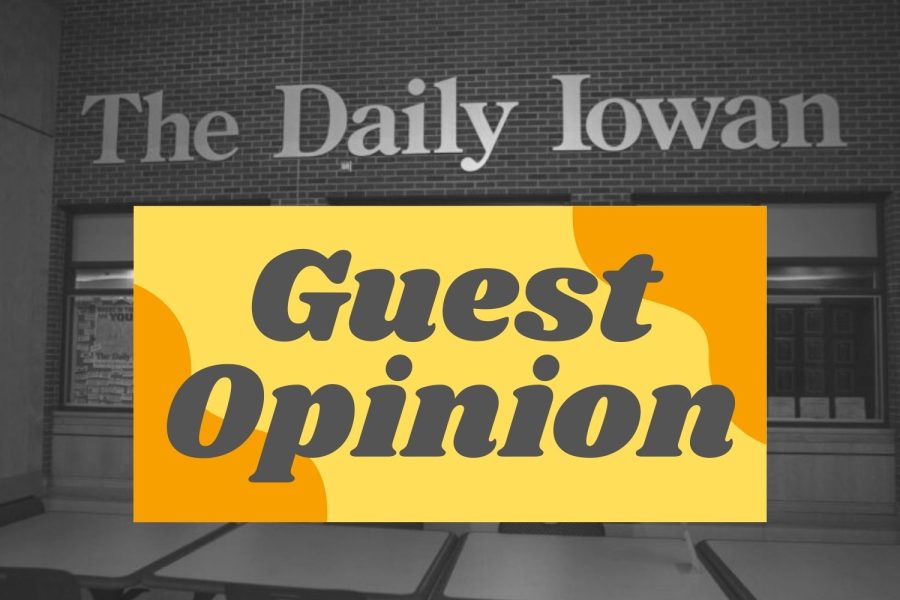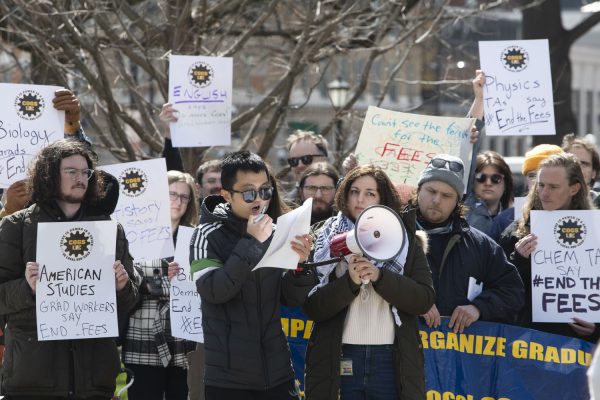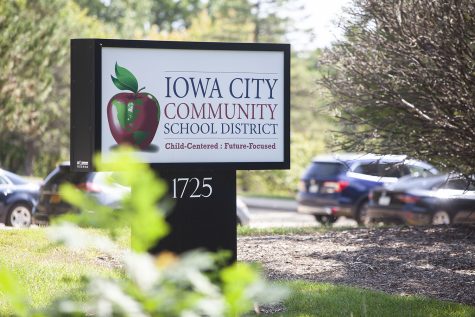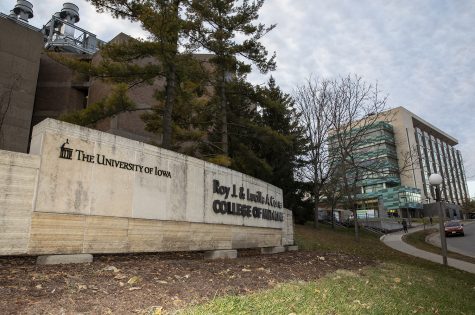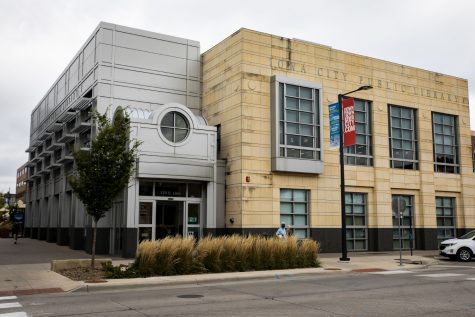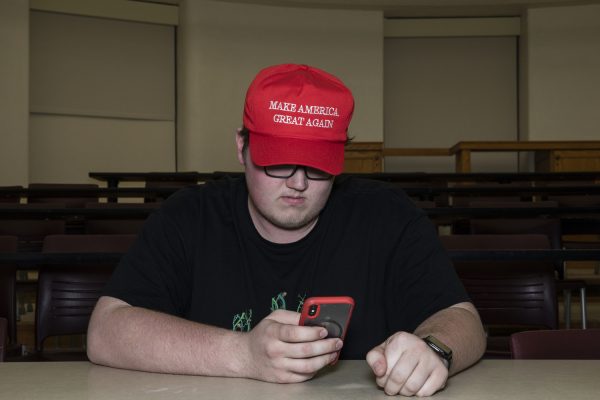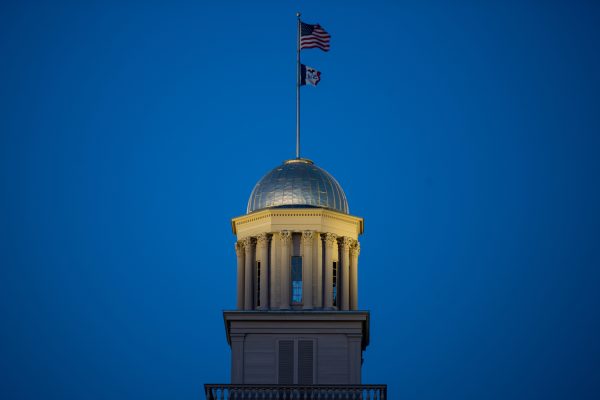Guest Opinion | The Food Insecurity problem at the University at Iowa
Food Insecurity is a hidden problem on college campuses, and the University at Iowa should do more to address it
September 29, 2022
As we start a new year, students will start their new adventure at the University of Iowa. Some students will make new friends, and others will join new clubs. Some students, however, will wonder when and how they will get their next meal.
This concept is called Food Insecurity. Food insecurity could be described as non-consistent access to an adequate amount of food for a person or household. Many things can cause food insecurity:
- Short-term or Long-term health problems
- Financial Problems
- Unaffordable housing
- The rising cost of college
We need to be able to recognize this as a problem and do more to address food insecurity. While the UI does some things to address this problem, I don’t believe it does enough.
Why does food insecurity in college students’ matter?
A student who experiences food insecurity is more likely to get lower grades in their classes than a student that is not dealing with food insecurity. Students also dealing with food insecurity are more likely to drop out of their institution.
It is basic science. One needs healthy foods to concentrate. If a student keeps constantly thinking about when they will get their next meal or is frequently hungry, they won’t be able to focus on their current task.
Colleges, including the UI, need to do more to support food insecurity.
While the UI does offer a lot of resources when it comes to food insecurity, including the Hawkeye Meal Share initiative, where students can request meal swipes from unused guest swipes from students that donate them. Another resource is the Food Pantry at Iowa, which gives Iowa students, faculty, and staff opportunities to get free food and other essential goods once a week. By April 2021, the food pantry served 545 clients, which totaled around 3,268 visits. With a wide variety of graduate students, undergraduate students, and staff/faculty visits.
Many colleges, including the University of Iowa, also encourage their students to apply for the Supplemental Nutrition Assistance Program (SNAP).
When thinking about SNAP, problems arise when it comes to equity. Colleges just can’t rely on students to apply to SNAP. International students, for example, could not apply for SNAP due to their status. There is also a lot of bureaucracy and red tape when applying for SNAP which could be a problem for some students. Another thing is that many states, including Iowa, are now cutting their SNAP benefits. Gov. Kim Reynolds has justified the reason for cutting these benefits to get people back to work. However, as COVID-19 is still around and groceries still being very expensive, this was a mistake.
Colleges need to be putting more money into this cause.
This could mean putting more money into the food pantry or other creative initiatives to help struggling students. While universities will not want a reputation for putting more money in a food pantry, the other answer could be paying their faculty/staff and graduate students more. Using Iowa as an example, we can see that on April 2021, 22 percent of the people using the pantry were graduate students, and 35.6 percent were staff & faculty. While it is great that this is a resource, there is more of an issue here.
As a student who has dealt with food insecurity, just know that you are not alone.
We constantly hear and read every college talking about wanting their students to be successful. If colleges care about student success, food security is part of this process. Colleges, including Iowa, need to consider this a serious issue.
- Cesar Perez, graduate student in the Higher Education Student Affairs program and the Public Affairs program
*Editor’s Note: Cesar Perez is a former Daily Iowan Diversity, Equity, and Inclusion Director”
Columns reflect the opinions of the authors and are not necessarily those of the Editorial Board, The Daily Iowan, or other organizations in which the author may be involved.



